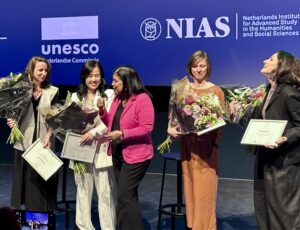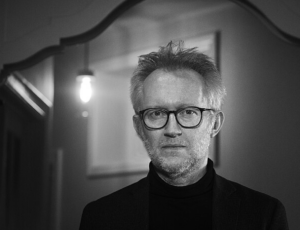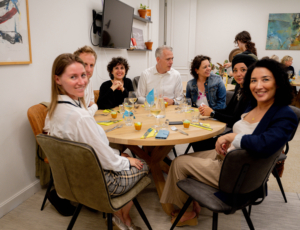The Netherlands Institute for Advanced Study (NIAS) fully supports the statement in which the European academies of science, united in ALLEA, express their serious concerns about the growing threats to academic freedom, both in the US and elsewhere.
In the US, science enterprise is at a standstill in many places, as funding has been suddenly cut off by the new administration. There is also censorship, for example in climate change research and gender studies. Political interference in language, subject matter and methodology of science constitutes a fundamental attack on scientific integrity, which has far-reaching consequences for science worldwide. After all, science is an international business.
This states the European Federation of Academies of Science ALLEA in the recently published statement. ALLEA warns that the Trump administration’s measures could have a devastating effect on international cooperation programmes, especially in health, climate research, gender studies and social sciences. Restrictions have also been imposed on data sharing between US and European partners. This jeopardises the scientific cooperation that has been built up over decades. These new measures are harmful not only to science but also to society as a whole.
The academies of science call on their governments and international institutions to remain vigilant and vigorously defend the autonomy and academic freedom of universities and academic institutions.
This ALLEA statement is in line with NIAS’ standing statement, published in 2023, on threats to academic freedom. NIAS is committed to academic freedoms. We strive to defend democracy and are determined to work together to uphold and strengthen academic freedoms and core democratic values and practices.




